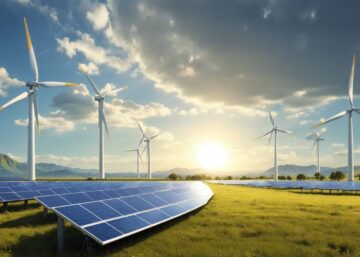UK country chair for Shell, Sinead Lynch, says that the oil giant knows that it “needs to change” in the coming energy transition, and “that is what Shell is going to do”.
At the All-Energy conference in Glasgow, Ms Lynch, UK country chair for Shell, said that Shell was part of a movement within the industry which was recognising the energy transition and that Shell was “beginning that change”.
She said: “Shell has a deep history and deep roots across Scotland, in our upstream business where we have been investing in and producing from the North Sea for 50 years. But also in our downstream business where we have been producing a number of downstream products to our customers here for almost a 100 years, and that’s a range of products that’s beginning to change.”
“It is our response as a company to climate change that an energy transition takes shape. There is no other single issue with the potential to disrupt my industry on such a deep and fundamental level as energy transition. In response, we need to adapt and we need to change. And that is what Shell is going to do.”
Ms Lynch says that the firm will bring down the net carbon footprint of the company by approximately half by 2050, in line with Shell’s recent energy transition report.
“The really crucial thing is this; this includes all the products we sell. Those we produce ourselves, those we buy from other and sell on, as well as our operations.” says Ms Lynch.
Ms Lynch said: “Our new energies business will look to spend between one and two billion dollars per year from now to 2020. What we’re focusing on is power and new fuels. In new fuels we mean electric vehicles (EV) we mean hydrogen and liquefied natural gas (LNG), we mean paraffinic fuels like gas-to-liquids (GTL) and biofuels also.”

